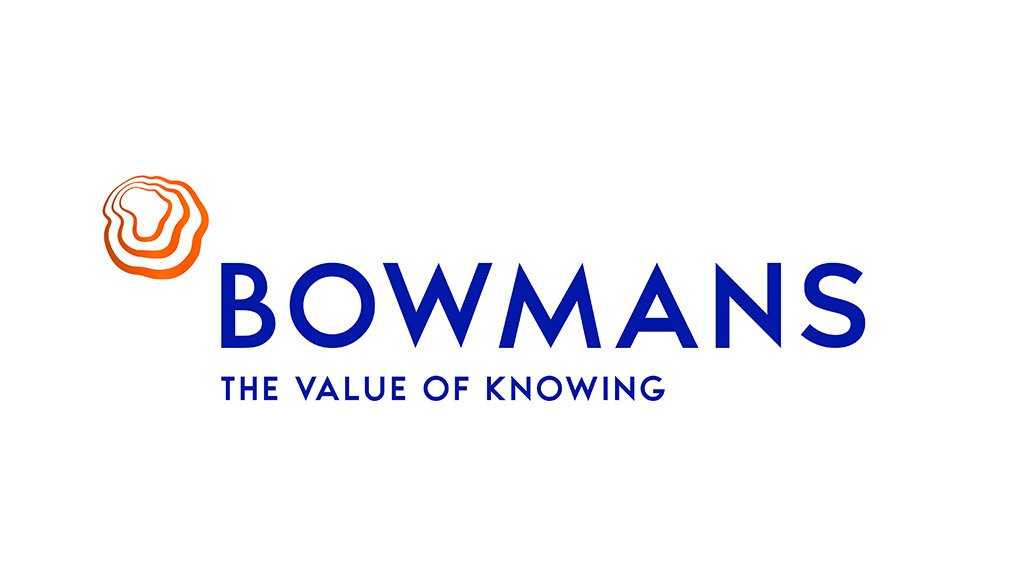For employers monitoring employee communications transmitted over their telecommunication systems, the lawful basis they often use for this is the Regulation of Interception of Communication and Provision of Communication-Related Information Act 70 of 2002, commonly referred to as ‘RICA’.
Consequently, employers might be concerned about the implications for them of yesterday’s decision in the Gauteng High Court (Pretoria).
In the case of amaBhungane Centre for Investigative Journalism NPC & Another v Minister of Justice and Correctional Services & Others, the Court declared a number of sections of RICA to be unconstitutional and invalid.
However, this judgment does not have an immediate effect on an employer’s ability to continue relying on Chapter 2 of RICA. This chapter permits any person to intercept any communication where certain conditions are met, including where the person is a party to the communication, where one of the parties to the communication has given prior written consent to such interception, or where the interception occurs in connection with the carrying on of the person’s business.
Chapter 2 is only a small part of the scope of RICA. The main thrust of RICA relates to surveillance of citizens by the State. Although the point of departure in RICA is to protect the privacy of communications, this is subject to a number of exceptions relating to the investigation of serious crimes or threats to national security.
In these circumstances, RICA permits law enforcement officers and security officials to intercept communications in the execution of their duties, in accordance with interception directions obtained from a designated judge.
It is these sections of RICA that were challenged by investigative journalism centre amaBhungane.
Judge Sutherland found that RICA, including particular sections relating to surveillance by the State, is inconsistent with the Constitution and invalid. This is because the sections fail to prescribe procedures for notifying the subject of interception and do not prescribe an appointment mechanism and terms that ensure the designated judge’s independence.
They also do not provide for a system with appropriate safeguards to deal with the fact that the interception orders are granted without notice to the other side.
Importantly for this case, the relevant sections of RICA do not deal expressly with the circumstances where the subject of surveillance is either a practising lawyer or a journalist. The court held that the declarations of invalidity of these sections are suspended for two years to allow Parliament time to cure the defects.
The High Court order will need to be confirmed by the Constitutional Court, as it makes multiple declarations of unconstitutionality of the legislation. As Chapter 2 was not the subject of the litigation, the judgment will not have an immediate effect on an employer’s ability to continue to rely on it to monitor employee communications.
A senior state law advisor has however indicated that the legislature is already working on revising RICA and may replace the legislation entirely, rather than effecting a series of amendments.
An employer’s basis for monitoring employee communications may, accordingly, change in future and employers should watch this space for further developments.
Written By Talita Laubscher, partner and Chloë Loubser, associate in the Employment and Benefits team at Bowmans
EMAIL THIS ARTICLE SAVE THIS ARTICLE ARTICLE ENQUIRY
To subscribe email subscriptions@creamermedia.co.za or click here
To advertise email advertising@creamermedia.co.za or click here











